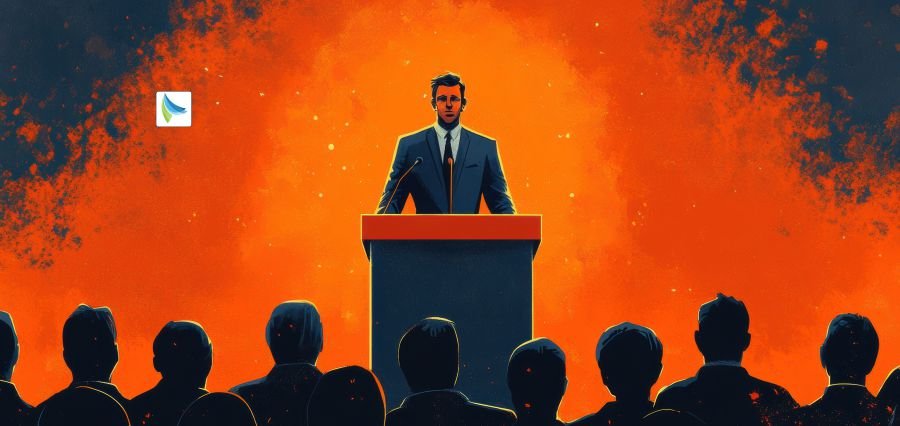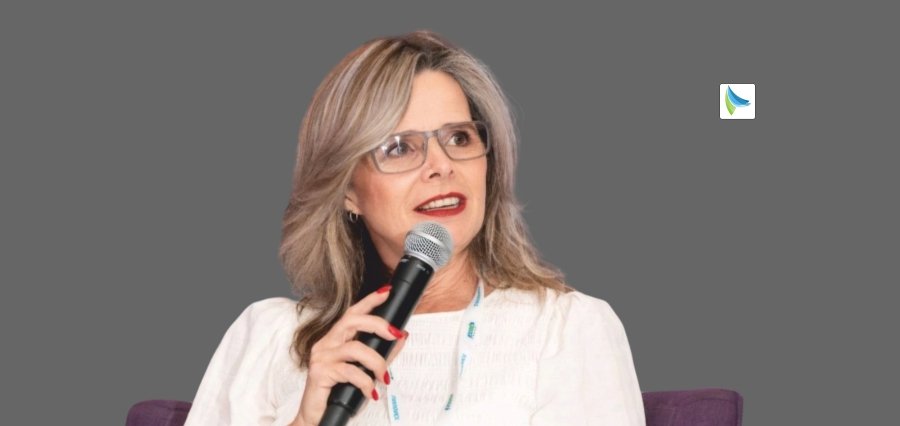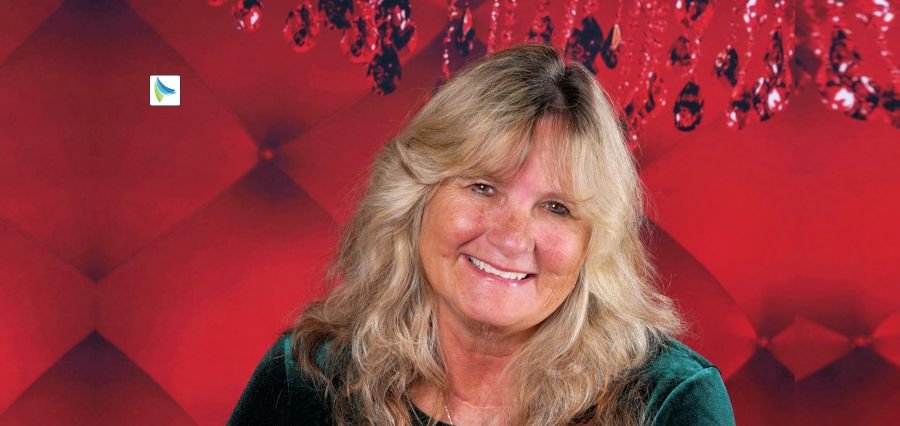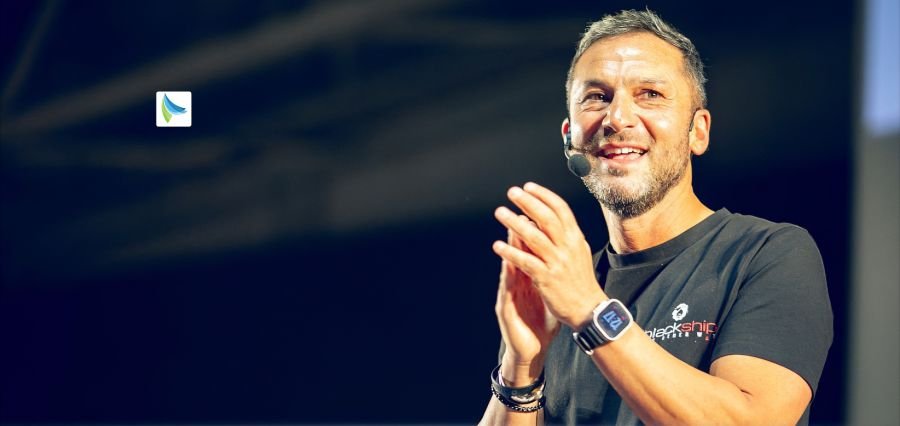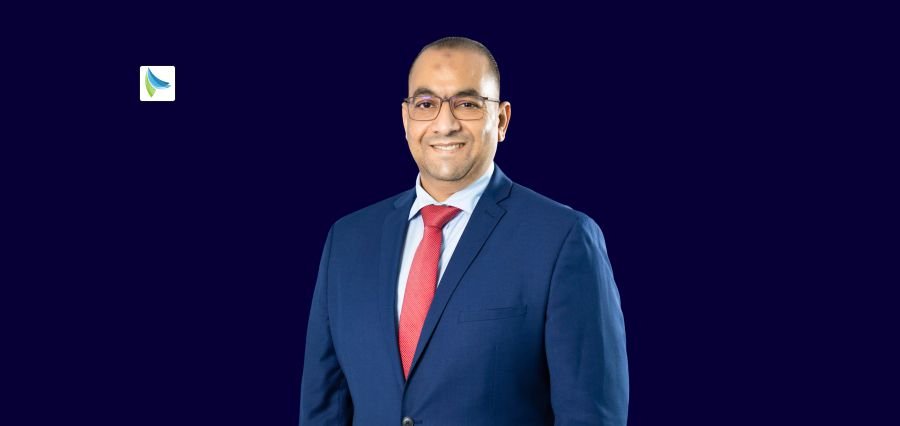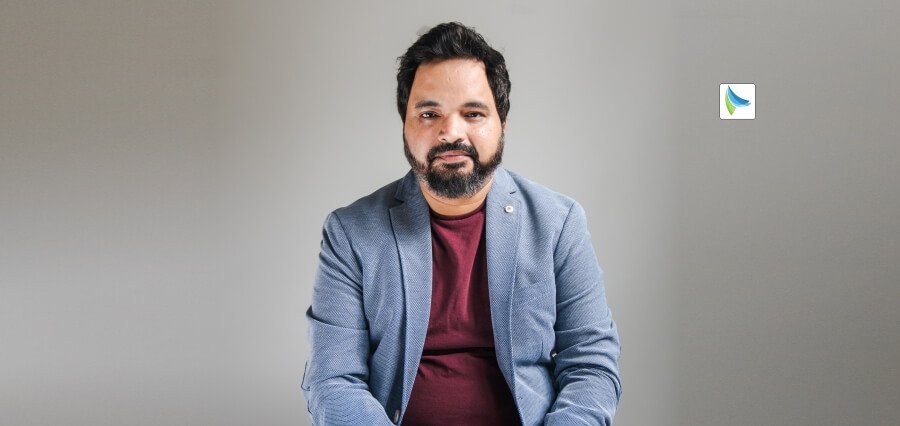Richard Larson’s journey into academia was far from conventional. A distinguished Professor at the Massachusetts Institute of Technology (MIT), his career spans decades of groundbreaking research and interdisciplinary exploration. His contributions to Operations Research (OR) and its practical applications have shaped urban planning, policing, and logistical operations across multiple domains. From his unexpected entry into academia to his pioneering work in model thinking, Larson’s career embodies a relentless pursuit of knowledge and real-world impact.
Over the years, Larson has witnessed and influenced transformative shifts in education, technology, and research methodologies. As a mentor, educator, and researcher, he has consistently championed interdisciplinary collaboration and the necessity of applying theoretical models to practical situations. In this conversation, he reflects on his career, the evolution of academia, and the future of education and artificial intelligence.
What Inspired the Academic Path?
Larson’s journey into academia was unplanned. “As a student at MIT, I initially pursued Electrical Engineering before transitioning to graduate studies in the Operations Research Center. An unexpected personal experience profoundly influenced my academic trajectory—I became indirectly involved in a crime, as professional thieves executed a large-scale theft.” His curiosity about crime and policing led him to independently study criminology, eventually catching the attention of his advisor, Professor Alvin W. Drake.
Professor Drake’s encouragement allowed Larson to integrate his newfound interest into his academic work, marking a turning point in his career. His PhD thesis, focused on Operations Research modeling of urban police departments, was the first of its kind. Upon completion, Professor Drake extended an unexpected offer: a faculty position at MIT. What was initially intended as a short-term role turned into a lifelong academic career, spanning over five decades at the institution.
Driving Curiosity and Research Focus
“Operations Research, by nature, is an interdisciplinary field, making it a perfect fit for my intellectual curiosity. I have always resisted being confined to a single academic silo, preferring instead to explore diverse real-world applications.” He likens OR to applied physics, focusing on practical problems such as traffic flow, package distribution, and urban planning. His research trajectory has often been dictated by his immediate interests, ranging from urban policing in his early years to complex probabilistic models in later research.
Collaborating with graduate students, Larson has tackled an array of challenges across various disciplines. His toolkit—probabilistic modeling and applied probability—has enabled him to approach real-world uncertainties with precision. He has also enjoyed teaching courses at MIT that emphasize these methodologies, further embedding their importance in modern research.
Transformations in Research and Methodology
Larson has witnessed significant transformations in research methodologies, particularly with the advent of artificial intelligence (AI) and computational advancements. However, he remains an advocate for fundamental research principles: fieldwork and firsthand observation. He emphasizes the importance of ‘Boots on the Ground’ research, arguing that computer simulations alone cannot replace real-world data collection and experiential learning.
He expresses concern that modern researchers often rely too heavily on computational models without immersing themselves in the environments they study. Without direct engagement, he warns, models risk becoming detached from practical realities, diminishing their effectiveness in solving real-world problems.
Bridging Academia and Practical Applications
Larson passionately believes that academia should play an initiative-taking role in driving practical innovation. “As an applied OR researcher, I see no distinction between academic findings and real-world applications. For research to be impactful, it must be grounded in observational learning and practical testing.” He encourages scholars to step out of their offices, study the systems they aim to model, and develop solutions that address tangible challenges.
The Future of Education and AI
Larson acknowledges the transformative potential of AI, data analytics, and digital learning platforms. “The Internet has democratized education, enabling learners worldwide to access the same content as those in privileged institutions. I have personally leveraged this capability through MIT BLOSSOMS, an initiative aimed at enhancing global education accessibility.”
However, he also voices concerns about AI’s unintended consequences. He fears that some individuals may withdraw from active learning, feeling unable to compete with AI-generated insights. Additionally, AI’s role in performing students’ assignments and professionals’ critical thinking tasks raises ethical and intellectual concerns. While AI presents immense opportunities, it also poses risks that must be navigated carefully.
Mentorship and the Role of Educators
As a professor, Larson has mentored countless students, emphasizing the importance of honesty, encouragement, and resilience. He believes that outstanding educators must provide unwavering support while holding students accountable for their growth. “Reflecting on my own experience as a Teaching Assistant, I recall how my advisor’s constructive feedback shaped my academic path. This philosophy has guided my approach to mentoring, ensuring that students learn from their mistakes and continue striving for excellence.”
The Value of Interdisciplinary Collaboration
Interdisciplinary collaboration has been a defining feature of Larson’s career. As an Operations Research specialist, he naturally bridges multiple disciplines, collaborating with experts from traditional academic silos. While these collaborations have been successful, he acknowledges the challenges posed by rigid departmental structures. The incentive and reward systems of traditional academia can sometimes hinder interdisciplinary work. Overcoming these barriers requires initiative-taking effort and institutional support.
Challenges in Academia and Research Funding
Larson recognizes the growing pressures faced by researchers today, from funding constraints to publication demands and institutional policies. He credits MIT’s openness to diverse perspectives as a key factor in his successful career. He encourages other institutions to adopt similar practices, fostering an environment where faculty members can explore, take risks, and push the boundaries of knowledge.
Lessons from a Distinguished Career
Reflecting on his journey, Larson highlights three key lessons: staying true to oneself, taking risks, and prioritizing relationships with students. “One of my most rewarding projects was co-developing MIT’s ‘Urban Operations Research’ course with my colleague, Professor Amedeo Odoni. This course, which later evolved into ‘Logistical and Transportation Planning Studies,’ laid the foundation for our co-authored textbook, Urban Operations Research.” The book remains widely cited, demonstrating its lasting impact on the field.
Looking Ahead: Spreading the Word on Model Thinking
Although retired from his official MIT role, Larson remains deeply engaged in intellectual pursuits. His current focus is on promoting ‘Model Thinking’ to a broader audience. His latest book, Model Thinking for Everyday Life, published by INFORMS, aims to make complex analytical concepts accessible to the general public. His advocacy extends beyond academia, featuring appearances on television, radio, and even a Times Square banner campaign.
Through his work, Larson continues to inspire new generations of thinkers, researchers, and educators. His lifelong commitment to bridging theoretical research with practical applications stands as a testament to the enduring value of interdisciplinary inquiry and real-world engagement.
Read Also: The Most Impactful Leader in Education to Look for in 2025




